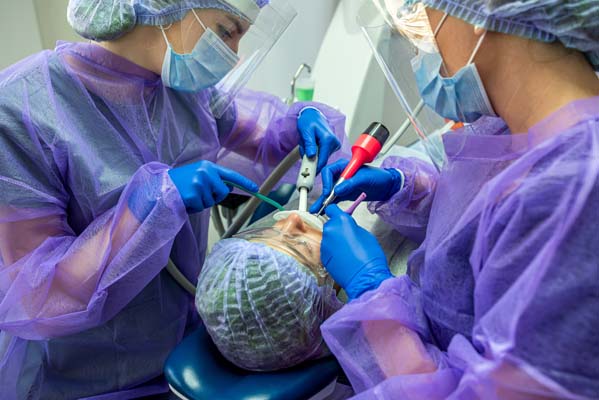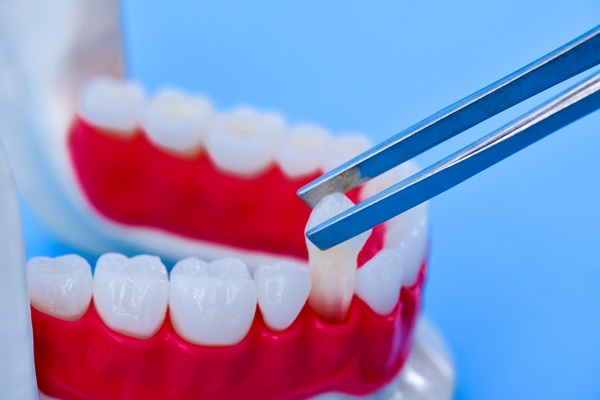How to Prepare for a Chin Graft Procedure

If the thought of getting a chin graft scares you, do not worry. It is common for people to feel nervous about this procedure. Before you go to the oral surgeon’s office for this operation, take some time to learn about it and what will occur. The more you know about the steps in bone grafting, the more likely you will feel good before, during and after this appointment.
Patients who need a chin graft
Many people experience dental issues such as cavities or chipped teeth. Filling and other minimally invasive procedures can correct these conditions. For more serious issues, surgery may be necessary. A patient may need a chin graft when there is not enough bone growth in the jaw to support existing teeth. This can also be the case if the patient wants to get dental implants to replace a missing tooth. People with gum disease can also experience bone loss or the effects of a weak jaw. Grafting can also correct these issues.
Do some research
It is likely that a routine checkup with the dentist will reveal periodontal disease or bone loss. The dentist may recommend getting a chin graft to correct the problem. Before the patient heads to the periodontist or oral surgeon to learn more about the procedure, it can be helpful for the person to study on their own. The prospective patient should read about how the procedure works, including the success rate, side effects and recovery time.
Chat about it with the surgeon
The oral surgeon wants the patient to feel comfortable going into the chin graft surgery. In the days or weeks leading up to the procedure, the surgeon will schedule a consultation. At this meeting, the surgeon will give an in-depth explanation of what the surgery will achieve and what will happen during it. This will give the patient a chance to ask questions, clear up any confusion and express concerns. A good doctor will also be open and up-front about the possible side effects and complications from the bone grafting.
Ask people who know about the surgery
For patients who know someone who recently had a chin graft, it may be helpful to get their perspective. A close friend, family member, neighbor or colleague can give the person an unbiased report about how their surgery went. This person may even give a recommendation on which surgeon to choose.
Take someone with you to the chin graft surgery
On operation day, the patient should bring someone along. This companion can provide emotional support. Plus, the patient will not be in the right condition to drive themselves home.
Preparation can make the experience positive
Before you have a chin graft, make sure you follow these tips. The surgery can be difficult, but at least you will know what to expect. You can also feel good about visiting an oral surgeon or periodontist near you with the right knowledge and training. Once you know you need this surgery, call and make an appointment to get started.
Request an appointment here: https://spectrumsurgical.net or call Facial Spectrum at (816) 524-4334 for an appointment in our Lee's Summit office.
Check out what others are saying about our services on Yelp: Read our Yelp reviews.
Recent Posts
A dental implant is considered the gold standard of dental restorations. Titanium rods act as dental roots that stimulate the jawbone. The artificial crowns replace the missing ones above the gumline. These restorations are what you need to have stable, natural-looking teeth again. Here are the details about the role of a dental implant in…
A dental implant is considered the gold standard of dental restorations. Titanium rods act as dental roots that stimulate the jawbone. The artificial crowns replace the missing ones above the gumline. These restorations are what you need to have stable, natural-looking teeth again. Here are the details about the role of a dental implant in…
A regular dentist can refer you to an oral surgeon if you need more dental care. This type of surgeon can perform procedures that can improve the face, mouth, or neck. Understanding the reasons for a referral to this provider can help you prepare for your procedure. Here are the reasons your dentist will refer…
A sinus lift or sinus augmentation can build up your upper jaw. This procedure is invasive. The dentist will take healthy bone and place it in the section of the maxilla that needs it. Here are the sinus lift benefits that you must consider.Studies show that a thinning upper jawbone can result in the weakening…

